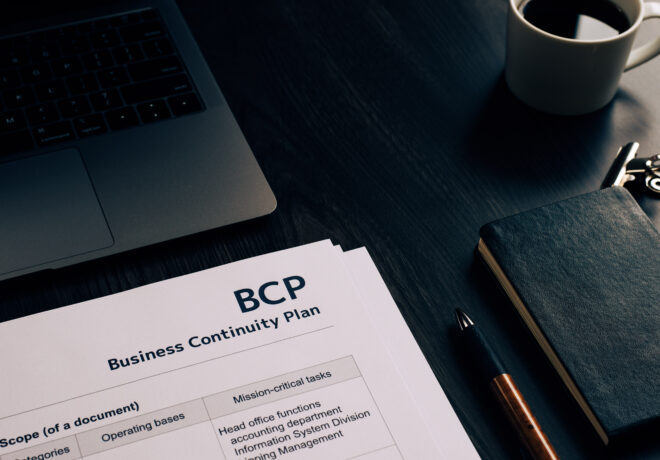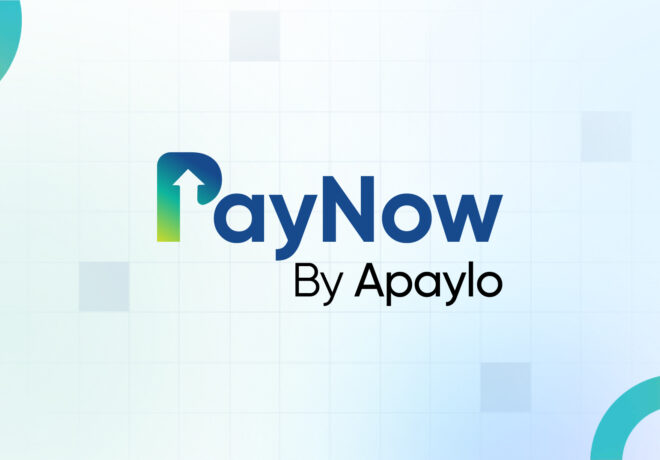Despite the freedom that Canadians have in how they live their lives, a shocking number face hurdles when it comes to basic financial functions. Years ago, an action as simple as cashing a cheque was denied to many by banks, but we were able to come up with a solution…until recent regressions.
Rise of Cheque Cashing
Over 30 years ago, the Government of Canada concluded that too many people were being prohibited from standard transactions. Intervention was necessary to grant all Canadians liberty in managing their own financial affairs. A stop-gap measure was created, where so long as an individual could provide the most rudimentary of identification, they were free to open accounts and conduct the appropriate financial actions. This measure was brought about by collaboration jointly between the government and the Canadian Bankers Association. Unfortunately, over time there was a regression in the financial sector, and many less fortunate Canadians had to turn to “payday loan” outlets for simple bank services like cashing their paycheque. In little time outlet chains and solo enterprises popped up across the country, soon becoming as commonplace as a Tim Horton’s. While the costs of using their services were wholly overpriced, many had few other options. To make matters even worse, the introduction of products such as high-interest loans started to appear at these locations, which seemed almost predatory and were of no benefit to communities that were already struggling with fair financial services.
Government Responses
While governing bodies didn’t have a direct solution to the problem, they did create the Financial Consumer Agency of Canada, or FCAC. This federal watchdog of sorts was able to record, investigate and (ideally) resolve consumer issues with banks, trusts, and other financial institutions. Unfortunately, the complaint handling amongst financial institutions was self-defeating, as branch employees who take care of complaint intake were often the ones generating problems in the first place. With the communications to the FCAC evidently muddled, or even muzzled, more needed to be done.
In response to this reporting conundrum, the Canadian government created the Office of the Banking Ombudsman. This added level of bureaucracy actually helped with the stifling red tape that so often accompanied banking. It was able to ensure customer issues and complaints were heard outside of the offending bank branch; management would therefore be spurred to evaluate and adjudicate as needed. What is even more frustrating is the observation that banks exist solely because of the deposits of the same customers, that they now hold back.
It wasn’t completely cut and dry; the Canadian Bankers Association had strong political lobbyists, and through them highlighted that mutual trust and respect were to be acknowledged between them and governing bodies. So there was a small step back; by allowing each charter bank or FI to appoint its own Ombudsman, these entities could streamline the problem-solving process faster for their clientele.
The Problem for Untraditional Business Owners
While this is all fine and dandy for individuals and their banking needs, where does this leave business owners; particularly in budding, or untraditional industries? 2020 brought a lot of challenges for these smaller businesses; in marketing, supply chains… and in banking. It has begun to appear far too often that these organizations’ bank accounts were either heavily restricted, or outright closed. But why? Unfortunately, we can’t quite place why. Why should a cannabis retailer, a company in a growing, legal industry in Canada have such difficulty setting up accounts with some financial institutions? If individuals have regained a “right to banking access”, surely these growing contributors to our economy should gain these as well?
The Office of the Superintendent of Financial Institutions, or OSFI, reports to fellow governing agencies on the safety and soundness of Canada’s banking infrastructure. Through this reporting, it weighs particular aspects of a bank’s business dealings. Certain policies and rules of thumb dictate the weighing of higher risk industries; industries that frankly OFSI has no hands-on operations experience with, like cannabis. Criticism of late is that organizations, whether they be OFSI or internal bank regulatory bodies, are getting to pick and choose which industries are allowed. Risk is necessary to produce income and profitability often in the business world; just ask any entrepreneur. Using ‘risk’ as a catchall for unfamiliar industries, however, is problematic. There can be major concerns if legal, growing industries are blacklisted from banking functions simply due to unfamiliarity with the industry from either the banks themselves or OSFI.
Closing Thoughts
In Canada, we take pride in the fact that we have freedom. The events that have transpired over the last couple of years showcase exactly that; regardless of which tent you pitch, freedom is something we all value. Why then should it be no different for those looking to perform everyday transactions, whether personally, or as a genuine business?
If you are looking for more freedom and control over your payments, why not give us a shout? We can help.






